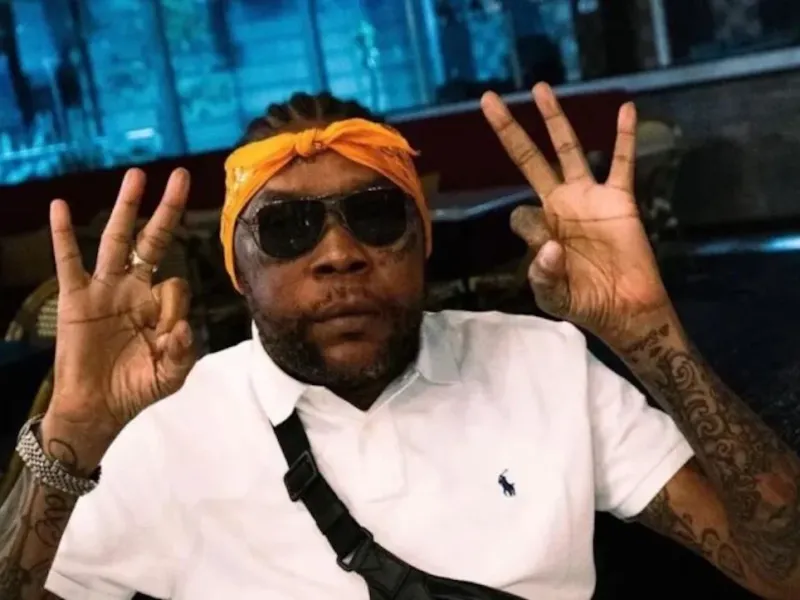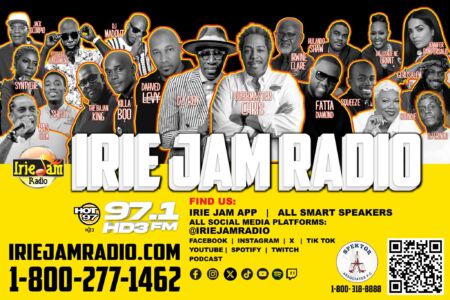
Vybz Kartel Freedom: Appeal Court Details Reasons For Denying DPP Retrial
Vybz Kartel can rest assured that he will never be tried again for the murder case that landed him in prison for over a decade.
The dancehall legend, real name Adidja Palmer, was released from prison on July 31, 2024, after being incarcerated for almost 13 years. Vybz Kartel and his co-accused, Shawn ‘Storm’ Campbell, Andre St. John, and Kahira Jones, were found guilty of the murder of Clive Williams in 2014 in what was Jamaica’s longest trial in history.
Despite their conviction, the four men maintained their innocence and had fought for their freedom through the appeal court system over the past decade. Defense attorneys had argued that there were numerous things wrong with the case that the Director of Public Prosecutions, DPP, presented to the courts, including allegations that police had tampered with witnesses and cellphone evidence used in the trial to convict the four men.

The defense had also argued that the jury that convicted the men was tainted after one member attempted to bribe other members to free the four men. The UK Privy Council would later agree with Vybz Kartel’s defense lawyers that the jury was compromised and ruled that the murder case should be squashed. In the landmark ruling earlier this year, the Privy Council sent the case back to the Count of Appeal in Jamaica rather than dismissing the case in its entirety. The move caused a lot of doubts over whether or not the men would be freed as the DPP pushed for a retrial.
However, after over a decade, the local court ruled that a retrial would not be fair for Vybz Kartel and his co-accused and thus ruled to dismiss the case, freeing at least three of the four men. One remains behind bars due to a separate sentencing for another case.
The court has now published the full judgment outlining the Court of Appeal’s reasoning for freeing the men, and the main point of contention for the court was the DPP’s inability to satisfy the judge’s demand for them to locate all the original witnesses and evidence used in the trial. According to the published documents, Senior Deputy Director of Public Prosecutions, Jeremy Taylor, submitted an affidavit that he had inquired about the availability of witnesses to testify in a new trial “was not persuasive.”
The Court of Appeal judges were thus of the opinion that the DPP’s office was unable to locate and have ready all original witnesses to participate in a new trial. In the 70-page document, the court stated that it would be difficult to send the case to a new trial after more than a decade, the complexity, and without a clear indication that the witnesses would stand ready to testify.
The appeal judges also chided the prosecution for its inability to locate critical exhibits used in the original 2014 case to convict the men. Among the key exhibits are video recordings, voice notes, and other evidence critical to the case. The judges concluded that these, among other factors, weighed strongly against ordering a new trial.
The documents also mentioned Vybz Kartel’s health, changes in the law since the original trial, and potential breach of the dancehall artist’s and his co-accused constitutional rights.





















